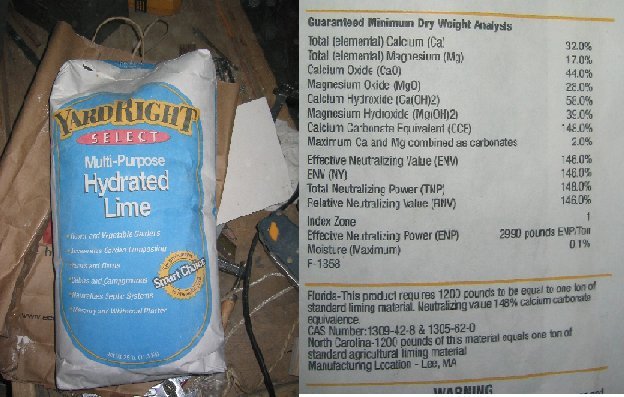PatM
Aquarium Advice Freak
I want to try dosing kalkwasser as I've heard the results are better than simply dosing calcium. Is this the stuff to mix? The hardware store said this is the same as builders lime but I'm unsure. Also, is it correct that the proper mix will read 900 mg/l of calcium? And is there a good way to determine your dosage? I've heard that you just add kalkwasser instead of your top off water, monitor Ca levels and adjust accordingly. Any good tips?

